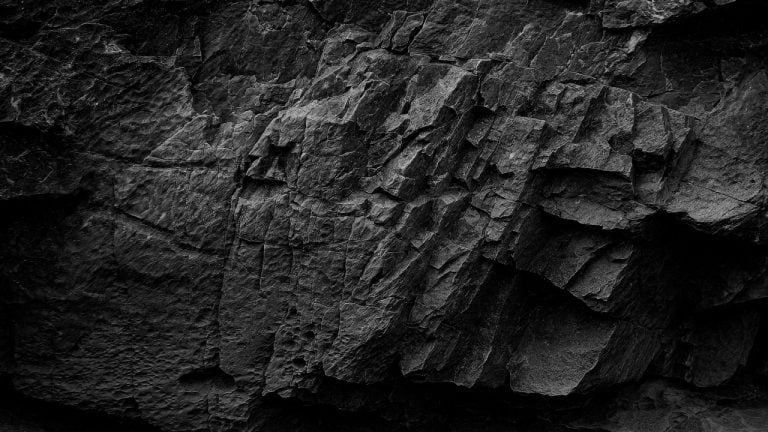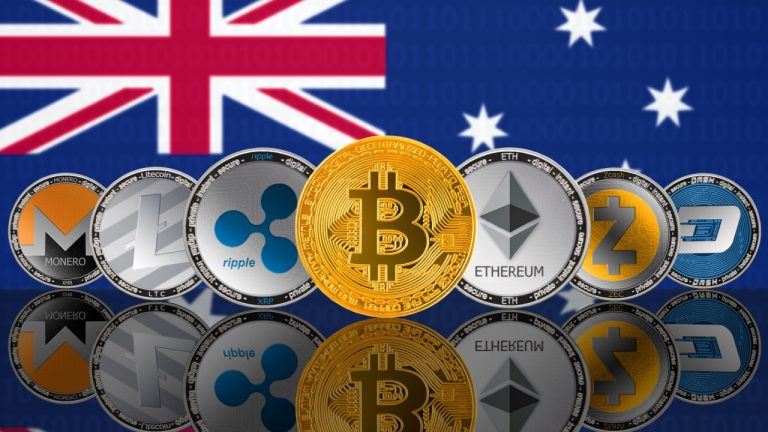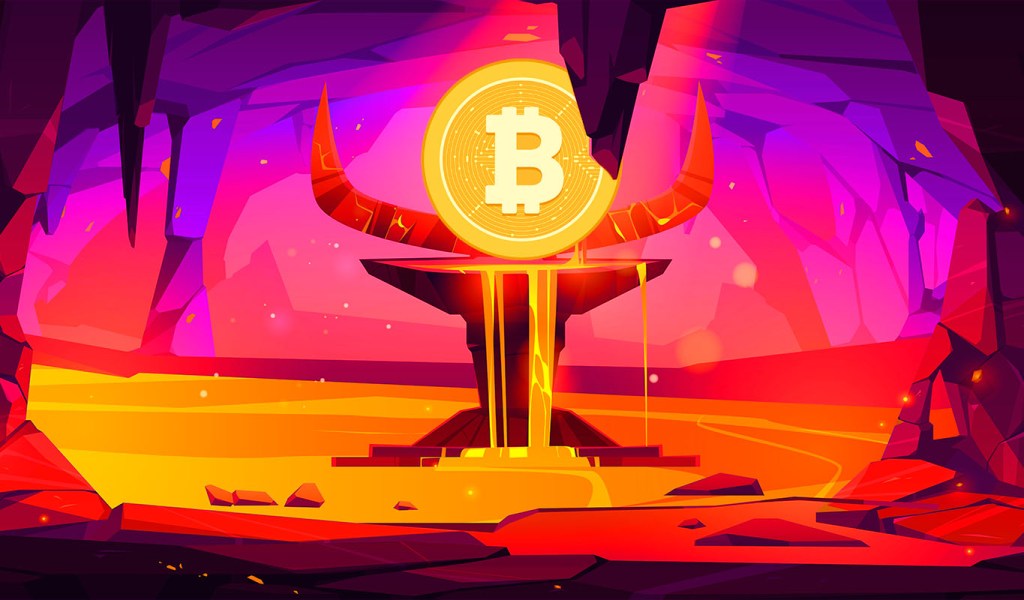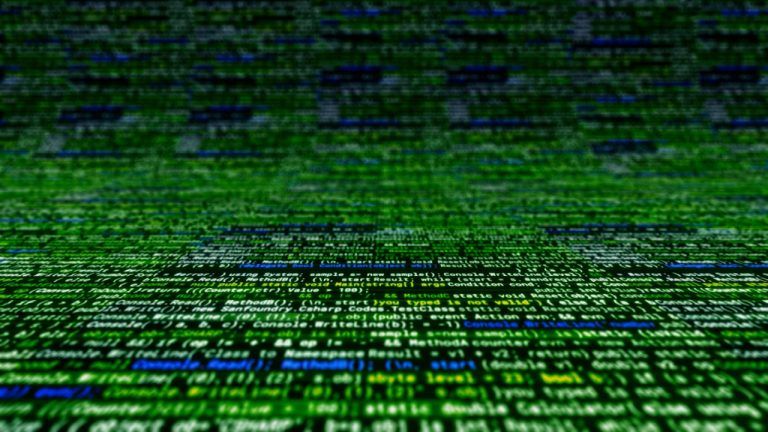Bonded staking in Canada: ETH, SOL, MATIC, DOT, KSM, ATOM, SCRT and KAVA available now!
How can I start staking?
Add crypto assets to your Kraken account by navigating to Funding, selecting the asset, and hitting Deposit. Canadian clients can now stake crypto assets and earn up to 18% APR* from the Earn section of your Kraken Pro account or from the Kraken Pro mobile app.
Available bonded staking assets:
| Asset | Unbonding Period | Bonded Staking APR* range |
| Ethereum (ETH) | Variable | 3% – 6% |
| Solana (SOL) | 3 days | 6% – 8% |
| Polygon (MATIC) | 3 days | 3% – 6% |
| Polkadot (DOT) | 28 days | 15% – 21% |
| Kusama (KSM) | 7 days | 17% – 22% |
| Cosmos (ATOM) | 21 days | 14% – 18% |
| Secret (SCRT) | 21 days | 12% – 17% |
| Kava (KAVA) | 21 days | 6% – 11% |
Note:
- An overview of eligibility criteria (including geographic restrictions) can be found here.
- If on-chain staking is not showing as an option on your account, you may not be eligible.
Here’s some more information about each token:
Ethereum (ETH) is a global, open-source platform for decentralized applications. Ethereum is a marketplace of financial services, games and apps that is trustless, decentralized and secure. ETH is the cryptocurrency powering the Ethereum network. It’s used to pay for transactions, as a store of value or peer-to-peer payment method, or as collateral to generate entirely different crypto tokens that run on Ethereum.
Solana (SOL) is a blockchain platform aimed at improving user scalability. Solana is a blockchain platform that aims to increase user scalability through faster transaction settlement times and a flexible infrastructure. The SOL cryptocurrency plays a key role in maintaining and operating the Solana ecosystem and is used to execute smart contracts, send transactions, and incentivize actors that support the network.
Polygon (MATIC) is a multi-chain scaling solution for the Ethereum blockchain. Polygon is a Layer 2 scaling solution for Ethereum that aims to improve the speed and reduce the cost and complexities of transactions on its network. Polygon uses sidechains to help with off-chain computation while maintaining security and uses a decentralized network of Proof-of-Stake (PoS) validators. MATIC is the utility token of the Polygon network and is used for securing the chain through staking, participating in network governance and as a unit of payment for transaction fees on the network.
Polkadot (DOT) is a blockchain network designed to facilitate fast transaction confirmations. Polkadot is a blockchain that seeks to connect an ecosystem of blockchains, and toward this goal, it introduces a number of novel technical features. Polkadot network is made up of two types of blockchains. A main chain, called a relay chain, where all transactions are agreed upon permanently, and user-generated chains, which are called parachains.
Kusama (KSM) is an experimental test environment based on Polkadot’s codebase. Created by the same team that deployed Polkadot, Kusama is a testing ground for developers that hold the KSM token and want to build and deploy a parachain or try out Polkadot’s governance, staking, nomination and validation functionality in a real environment.
Cosmos (ATOM) is the internet of blockchains. Cosmos is a decentralized ecosystem of blockchains that can scale and interoperate. The goal of Cosmos is to make it easy for developers to build separate blockchains that can interact with each other – essentially forming an internet of blockchains that are networked together. ATOM is the native staking token associated with Cosmos Hub, the first of thousands of interconnected blockchains.
Secret Network (SCRT) enables the encryption of smart contracts on public blockchain networks in a permissionless way through the use of computers’ trusted execution environments (TEEs) to offer greater privacy to users.
Kava (KAVA) is a decentralized finance (DeFi) platform that allows users to issue loans to themselves using their cryptocurrency as collateral. With Kava, anyone can use a handful of major cryptocurrencies (BTC, XRP, BNB and ATOM) as collateral to generate self-issued loans without running a credit check or finding a counterparty. The loans are issued using a USD-pegged stable coin called USDX, and the collateral crypto assets are returned once the loan is paid off.
Will Kraken make more assets available?
Yes! But our policy is to never reveal any details until shortly before launch – including which assets we are considering. All of Kraken’s available tokens can be found here, and all future tokens will be announced on Kraken’s blog and social media profiles. Our client engagement specialists cannot answer any questions about which assets we may be making available in the future.
*APR or Annual Percentage Rate — the APR rates shown are an estimate of the rewards you could earn on the asset you hold, before our commission, and are based on the average staking rewards accrued over the past period and are subject to change in compliance with Kraken’s terms of service.
These materials are for general information purposes only and are not investment advice or a recommendation or solicitation to buy, sell, stake or hold any cryptoasset or to engage in any specific trading strategy. Kraken does not and will not work to increase or decrease the price of any particular cryptoasset it makes available. Some crypto products and markets are unregulated, and you may not be protected by government compensation and/or regulatory protection schemes. The unpredictable nature of the cryptoasset markets can lead to loss of funds. Tax may be payable on any return and/or on any increase in the value of your cryptoassets and you should seek independent advice on your taxation position. Not available in the US and other geographic restrictions apply. Reward rates are subject to change, please refer to Kraken’s Terms of Service for additional information.
Payward Canada Inc., operating as Kraken, has filed an application for registration in certain Canadian jurisdictions but has not yet obtained registration. Until such time as Payward Canada Inc., operating as Kraken, obtains registration, Payward Canada Inc. has agreed to abide by the terms of an undertaking available at the following page: https://www.securities-administrators.ca/wp-content/uploads/2023/04/20230324-Kraken-PRU-publication-version.pdf.
The post Bonded staking in Canada: ETH, SOL, MATIC, DOT, KSM, ATOM, SCRT and KAVA available now! appeared first on Kraken Blog.
Go to Source
Author: KrakenFX









